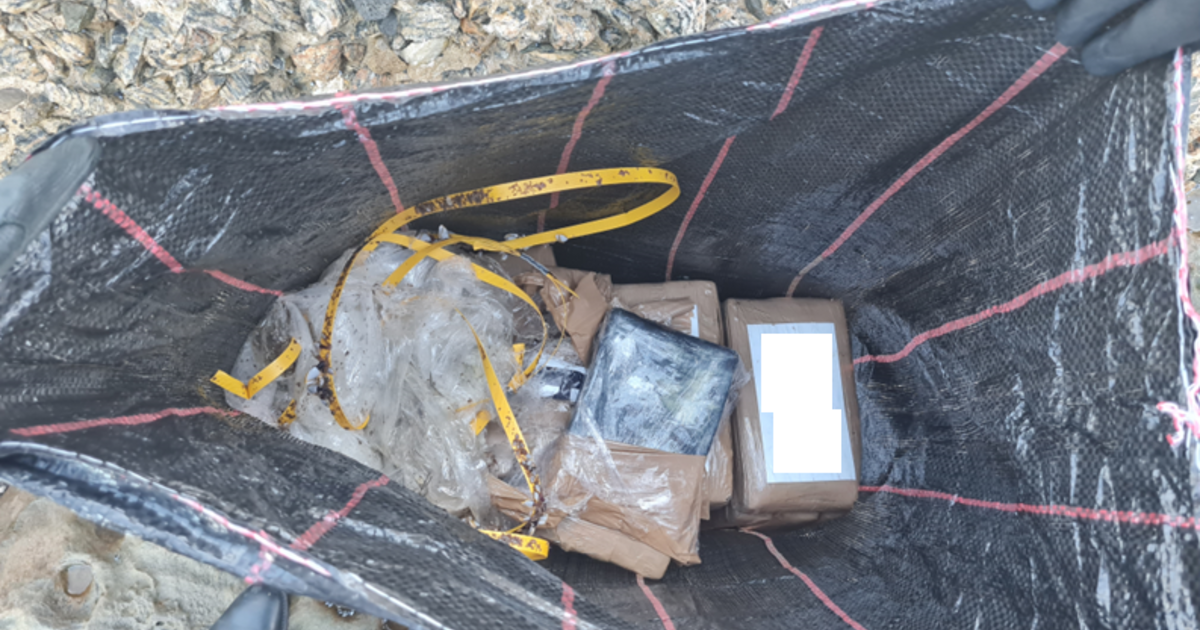5 tips to make sure your Thanksgiving turkey is safe from salmonella
As millions of Americans prepare for Thanksgiving, many are concerned about an ongoing salmonella outbreak linked to raw turkeys. The Centers for Disease Control and Prevention says over the past year, there have been 164 illnesses in 35 states, including one death in California.
Health officials say salmonella has been detected in ground turkey, raw turkey pet food and live turkeys, an indication the bacteria is widespread in the turkey industry.
On Friday, Jennie-O Turkey announced it's recalling more than 91,000 pounds of raw turkey for possible salmonella contamination. The products being recalled include one-pound packages of raw, ground turkey sold nationwide. They had a use-by date of October, but could still be in freezers. Regulators say the product should be thrown away.
This was the first recall tied to the outbreak, but not necessarily the only source of the illnesses. The investigation continues and it's possible other brands could be involved. So it's especially important to follow safe food handling and cooking recommendations to reduce the risk of illness.
Salmonella can lead to symptoms including diarrhea, fever, and abdominal cramps 12 to 72 hours after infection. The illness typically lasts four to seven days. Most people recover without treatment, but in some patients, the diarrhea may be so severe that the patient needs to be hospitalized. Children under 5, the elderly, and people with weakened immune systems are more likely to have severe illness from contaminated food that could lead to hospitalization.
Protect your family from salmonella this Thanksgiving
With the big holiday coming up, experts are urging consumers to be especially careful when handling raw turkey in the kitchen.
The following tips can keep you safe from salmonella this Thanksgiving.
1. Thaw turkey in the refrigerator, not the counter
Turkeys must be kept at a safe temperature while thawing. That means thawing it in the refrigerator and not on the counter, on the back porch, in the car trunk, in the basement, or anyplace else where temperatures cannot be constantly monitored.
Turkey should stay below 40° F as it thaws to prevent any harmful bacteria that may be present from growing.
Plan ahead: The USDA advises allowing approximately 24 hours for each 4 to 5 pounds in a refrigerator set at 40 °F or below. So it could take three days in the fridge to thaw an average 15-pound frozen turkey.
Place the bird in a container to prevent the juices from dripping on and contaminating other foods.
2. Don't wash raw turkey
Washing raw turkey may spread germs from the bird around the kitchen. Instead, open the plastic wrapper carefully and drain liquids into the sink before throwing away the wrapper. Dry the turkey by patting it with paper towels.
3. Wash your hands and kitchen surfaces
Be sure to wash your hands frequently with hot water and soap both during and after handling raw turkey to prevent spreading any harmful germs.
Also be sure to thoroughly clean utensils, cutting boards, countertops and any other surfaces that may have come into contact with raw turkey.
4. Use a food thermometer: 165° F is safe
Turkey should be cooked to an internal temperature of 165° F to be safe to eat. Use a food thermometer and test different parts of the bird to make sure the entire turkey is done.
"If you cook turkey to the internal temperature of 165° F this strain of salmonella should die," the CDC's Dr. Colin Basler told CBS News.
The same goes for stuffing — make sure it reaches at least 165° F — and the safer option is to cook it separately in a baking dish rather than inside the bird.
5. Handle leftovers properly
Refrigerate leftovers as soon as possible. A cooked turkey should not be left out for more than two hours.
Leftovers must also be reheated to an internal temperature of 165° F.




